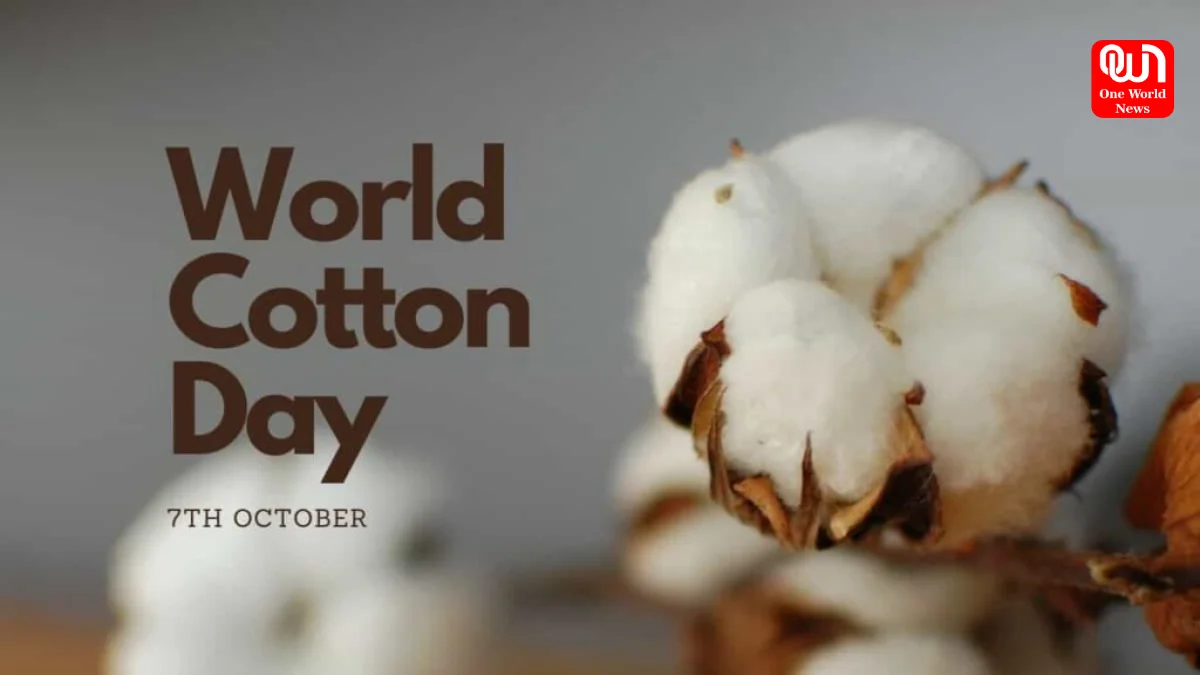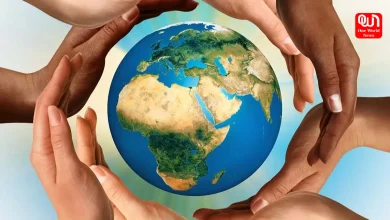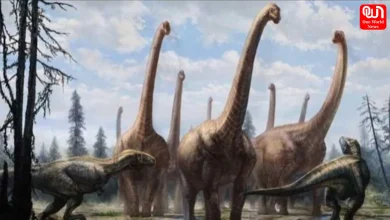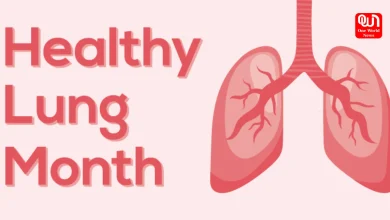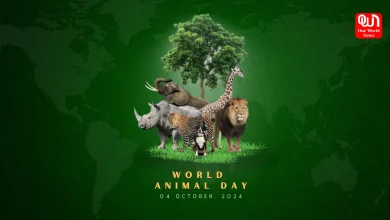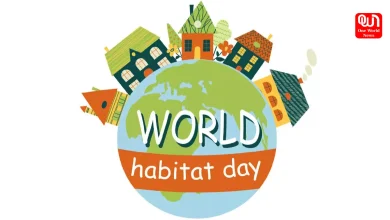Celebrating World Cotton Day: Importance, History, and Global Impact
Explore World Cotton Day, its history, significance, and the global impact of cotton on industries, culture, and sustainable development.
World Cotton Day: Celebrating Its Importance, History, and Impact on the Global Textile Industry
Understanding World Cotton Day
World Cotton Day is celebrated annually to honor one of the most important agricultural commodities in the world—cotton. Recognized by the Food and Agriculture Organization (FAO) of the United Nations, this day emphasizes the significance of cotton in global trade, culture, and sustainable development. It also sheds light on the economic contributions of cotton to millions of farmers and workers worldwide. Cotton is not just a crop; it is a symbol of innovation, heritage, and progress in the textile industry.
The History Behind World Cotton Day
The first World Cotton Day was celebrated on October 7, 2019, in Geneva, Switzerland. The initiative was driven by the World Trade Organization (WTO) and the United Nations to create global awareness about cotton’s role in economic growth, poverty reduction, and environmental sustainability. The day was designed to celebrate the cotton value chain, from farmers to manufacturers, highlighting how this versatile fiber connects communities across continents.
Importance of Cotton in Global Trade
Cotton plays a pivotal role in the global economy. It is one of the most widely traded agricultural commodities, contributing billions of dollars annually. Countries like the United States, India, China, Brazil, and Pakistan are major cotton producers, while nations worldwide rely on cotton imports to support their textile and garment industries. World Cotton Day serves as a reminder of the critical role cotton plays in supporting livelihoods, trade, and international economic development.
Cotton and Sustainable Development
World Cotton Day also emphasizes the importance of sustainable cotton production. Modern agricultural practices aim to reduce environmental impact while increasing yields. Organic cotton, for example, avoids harmful chemicals and pesticides, promoting eco-friendly farming. Additionally, sustainable cotton initiatives focus on fair labor practices, ensuring that workers across the supply chain are treated ethically. By promoting responsible cotton production, World Cotton Day encourages a balance between economic growth and environmental protection.
Cotton’s Cultural Significance
Cotton has a rich cultural history. For centuries, it has been used in traditional clothing, ceremonial garments, and artisanal crafts worldwide. From Indian handloom sarees to Egyptian cotton textiles, cotton reflects the heritage and craftsmanship of various cultures. World Cotton Day celebrates this cultural legacy and encourages the preservation of traditional textile techniques. It also highlights the creativity and artistry embedded in cotton-based crafts, inspiring designers and artisans to innovate while respecting heritage.
Read more: Breathe Easy: Celebrating Healthy Lung Month for Better Respiratory Wellness
Innovations in the Cotton Industry
The cotton industry continues to evolve through technological advancements and innovative practices. From genetically improved cotton varieties to modern irrigation techniques, farmers can achieve higher yields with reduced environmental impact. On World Cotton Day, industry leaders discuss these innovations and explore ways to enhance efficiency and sustainability. Additionally, advancements in textile technology allow for the creation of high-quality fabrics that meet consumer demands while supporting eco-friendly production practices.
Supporting Farmers and Workers
World Cotton Day recognizes the hard work of millions of cotton farmers and laborers worldwide. Many smallholder farmers rely on cotton as their primary source of income, making the crop crucial for rural development and poverty alleviation. By raising awareness about the challenges faced by cotton producers, the day encourages fair trade practices and supports initiatives that empower farmers. Programs focused on training, financial assistance, and sustainable farming techniques are often highlighted during these celebrations.
How to Celebrate World Cotton Day
Celebrating World Cotton Day can be simple yet impactful. Individuals can support sustainable cotton products, learn about the history and production of cotton, and promote awareness on social media. Educational institutions and organizations often hold workshops, exhibitions, and discussions to highlight cotton’s significance in culture, trade, and sustainability. By participating in these activities, communities contribute to a global movement that values ethical production, environmental responsibility, and cultural heritage.
The Future of Cotton
Looking ahead, World Cotton Day serves as a platform to discuss the future of the cotton industry. With challenges such as climate change, water scarcity, and fluctuating market prices, innovation and sustainability are key. Governments, industry stakeholders, and consumers are encouraged to collaborate for a resilient cotton sector that supports economic growth while preserving the environment. As cotton continues to connect people and industries worldwide, the celebration of World Cotton Day reminds us of the enduring importance of this versatile and essential crop.
Read more: World Animal Day: Celebrating Compassion for All Living Beings
Conclusion
World Cotton Day is more than a celebration; it is a global acknowledgment of cotton’s multifaceted role in our lives. From sustaining livelihoods and supporting trade to preserving culture and promoting sustainability, cotton remains a vital fiber with immense economic, social, and environmental significance. By observing World Cotton Day, we honor the farmers, innovators, and communities who contribute to this essential industry while promoting a future built on responsible and sustainable practices.
We’re now on WhatsApp. Click to join.
Like this post?
Register at One World News to never miss out on videos, celeb interviews, and best reads.

